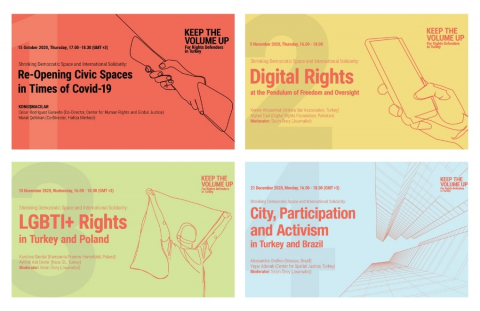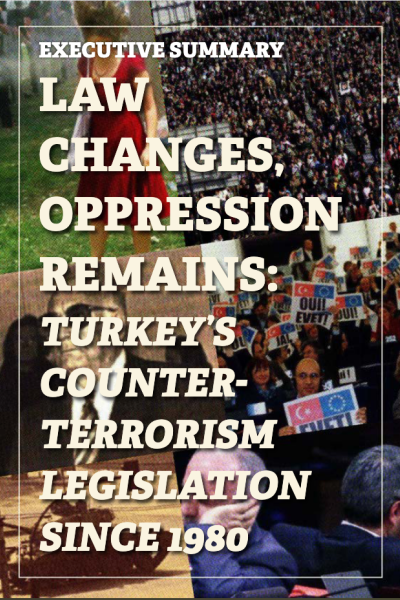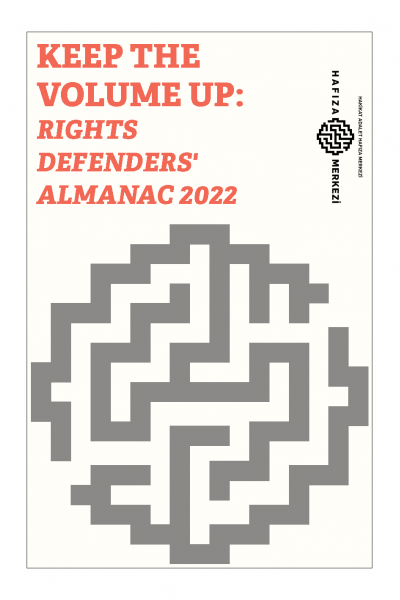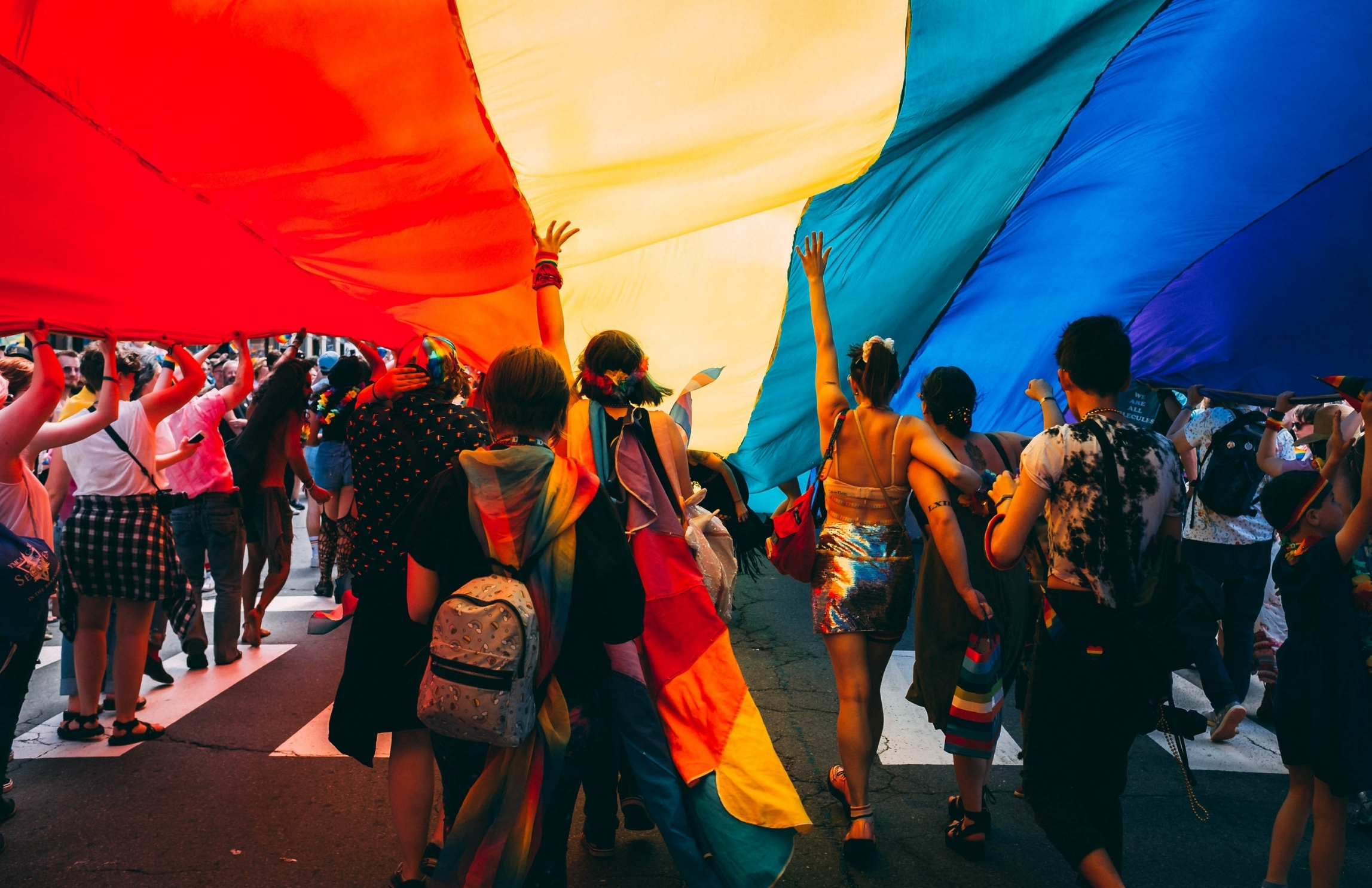
Shrinking the space of LGBTI+ rights activism in Poland and Turkey
In these unprecedented times, the Covid-19 pandemic is increasingly being used by many illiberal and autocratic countries as a justification to further restrict democratic space. Turkey is one of the countries where the human rights record only worsened with the government’s response to the pandemic, in already shrinking democratic space. Yet, this situation in Turkey is not unique. Human rights defenders (HRDs) around the world have faced new challenges under the often draconian and rights’-infringing measures imposed by governments under the guise of addressing the pandemic.
In light of this shared phenomenon, Hafıza Merkezi (Istanbul) and the Association for Monitoring Equal Rights (Istanbul), in collaboration with the Netherlands Helsinki Committee (The Hague), organised a series of panel discussions, entitled “Shrinking Democratic Space and International Solidarity,” inviting an HRD from Turkey to each event to share experiences and lessons learned with a counterpart from another country. The resulting discussions served as a forum where defenders discussed common obstacles, exchanged ideas, and built international solidarity.
Find out more about the whole series.
On 18 November 2020, the third panel session hosted Karolina Gierdal of Campaign Against Homophobia (Poland) and Aylime Aslı Demir of KAOS GL (Turkey), who shared their experience in increasing pressure and threats against the LGBTI+ community in both countries, which have only intensified throughout the pandemic.
(Re)watch the event:
Zeynep Şengül09:36
Shrinking the space of LGBTI+ rights activism in Poland and Turkey
Sezin Öney
Gender and sexual identity related topics, and LGBTI+ groups are common targets of populist governments. For example, in 2020, approximately one third of the municipalities across Poland declared themselves “LGBT-free regions,” using legal pretexts to justify their discriminatory decisions. The European Commission rejected the funding applications of six of the local Polish authorities adopting such decisions, and sought to combat this discriminatory legislation.
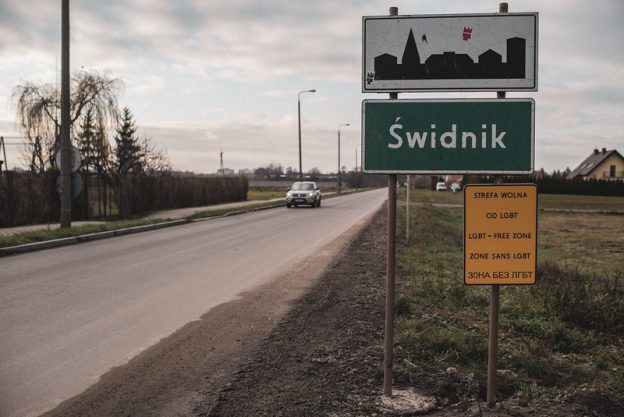
A town in Poland declares itself as ‘LGBT-free zone’. (Photo: Bart Staszewski)
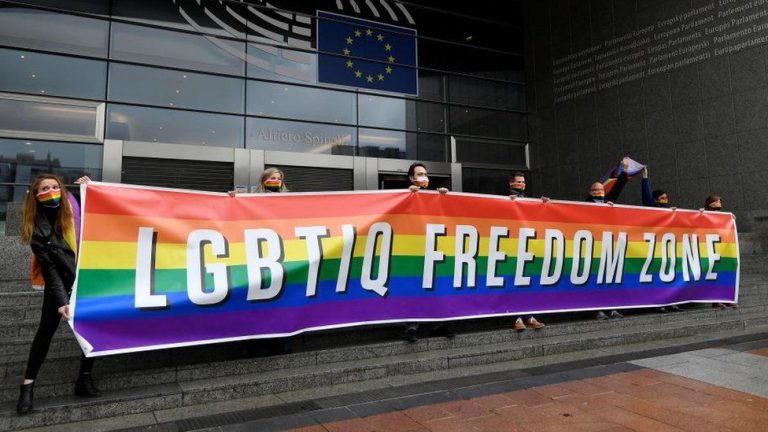
The issue of shrinking civic space and scope of the rights of the LGBTI+ community, which lead to tension between the EU and Poland, is just one case in an ever-expanding phenomena. Sexual identity and gender related issues tend to be attacked by right-wing populist governments all around the world, aiming to use conservatism to gain support by intensifying polarization. But this is only one side of the story: such governments also divert attention from real problems and issues in their respective countries, and reset the public agenda by focusing on engineered polemics.
Both lawyer and HRD Karolina Gierdal and HRD Aylime Aslı Demir stated that the pressure on LGBTI+ rights defenders in their respective countries are not recent developments. Both pinpoint the year of 2015 as a turning point for Turkey and Poland, while pressure and threats have intensified in recent years.
2015 as turning point
2015 was the year that simultaneous presidential and parliamentary elections were held in Poland and the right-wing populist party, Law and Justice Party (Prawo i Sprawiedliwość – PiS), came to power with 37.6% of the votes. The Party came to power, particularly through the votes of the electorate from rural areas and lower income groups, which drastically changed the political scene in Poland. Gierdal stated that once PiS assumed power, LGBTI+ individuals and civil society organizations started to be increasingly targeted. Moreover, PiS argued that LGBTI+ rights do not fall within the scope of human rights in Poland. LGBTI+ rights begun to be labeled an “ideology” and a “security threat.” In August 2020, LGBTI+ rights defenders were detained and faced trials that might lead to imprisonment.
Other areas targeted include reproductive rights. On 22 October 2020, the Polish Constitutional Court decided to restrict abortion even further, effectively banning it with the only exception a woman’s certain death in case no abortion takes place. This decision led to an inspirational large grassroots reaction.
In Turkey, as in Poland, 2015 was a milestone regarding rise of homophobic and sexist attitudes, but as Demir emphasized, it is possible to trace the backlash even further. In 2015, major terrorist attacks occurred in Turkey and draconian rhetoric started dominating the political sphere. Although overall democratic space was shrinking, the pressure on LGBTI+ rights organisations and activists particularly intensified. As Demir underlined, another milestone was the banning of Queer Film Events in Ankara in November 2017. Following this, authorities implemented a blanket ban on all LBTI+-related activities in Ankara—an attempt to ensure their exclusion from civic sphere.




Ankara Governorate banned the German LGBT Film Days that was scheduled for 16-16 November 2017.
Strength and threat in numbers
Demir emphasized that the targeting of LGBTI+ activism in Turkey is an indication of the intolerance to “organized structures” and those who act in solidarity in an organized and quick manner. Again, as Demir pointed out, existence of international alliances and solidarity between them is another strong feature of LGBTI+ groups.
As became evident from the narratives of both Gierdal and Demir’s, the core reason for LGBTI+ activism being targeted in Poland and Turkey is very political. What lies behind the scapegoating of the LGBTI+ community by authoritarian and populist governments is their organized struggle against exclusion, discrimination and oppression. Weakening the LGBTI+ rights struggle is in fact akin to debilitating the whole sphere of rights and freedoms; and shrinking the entire democratic and civic sphere. Yet the panelist also represented the hope that in both countries HRDs and parts of populations continue to advocate for the protection and promotion of the rights for all.
